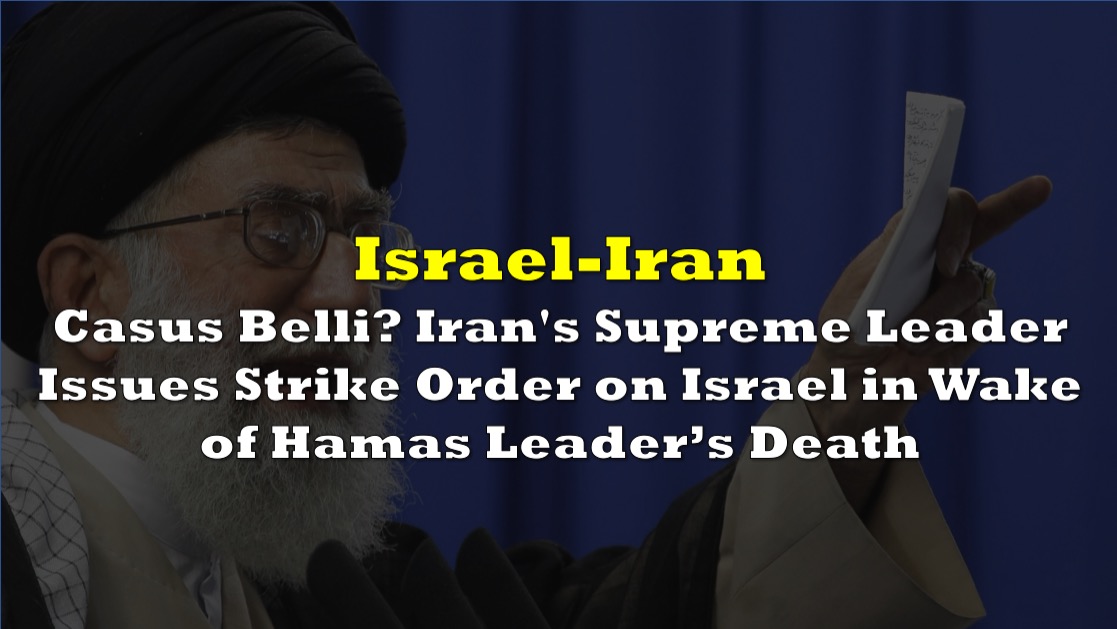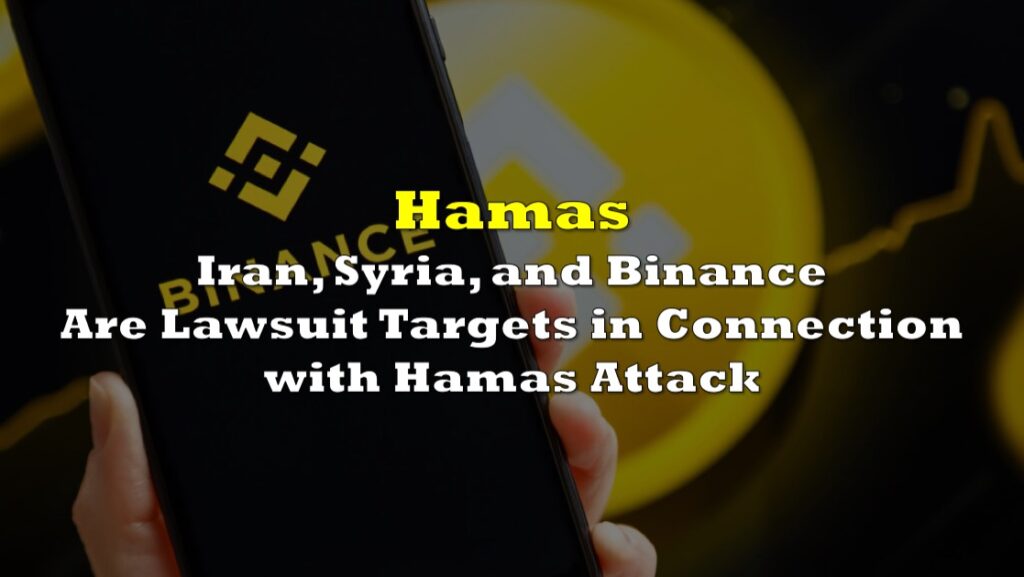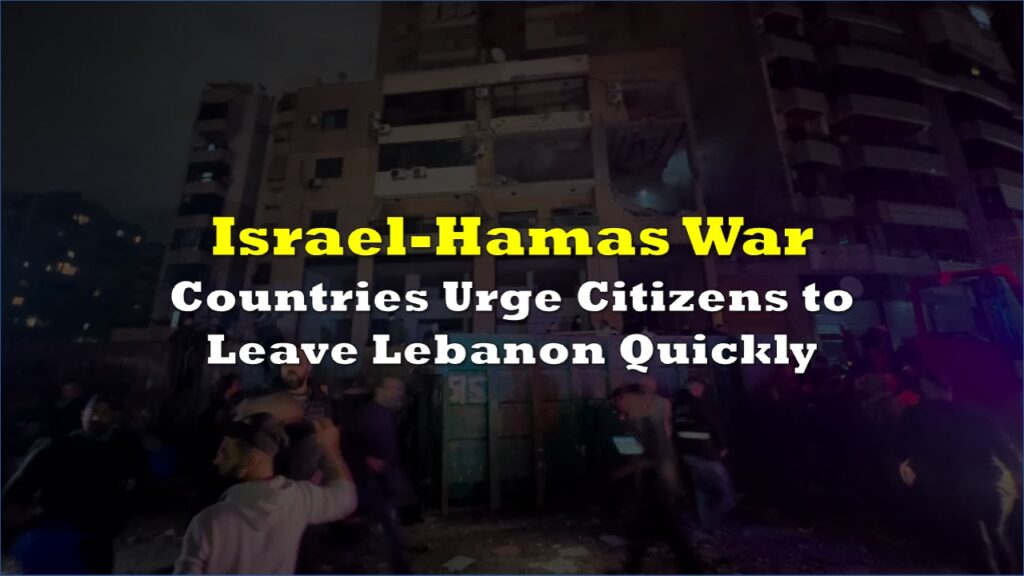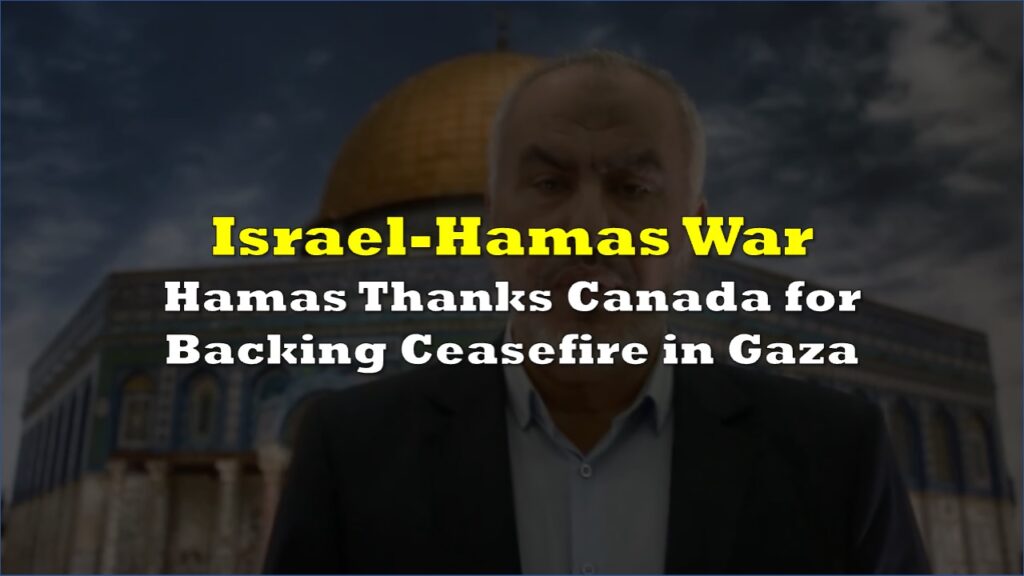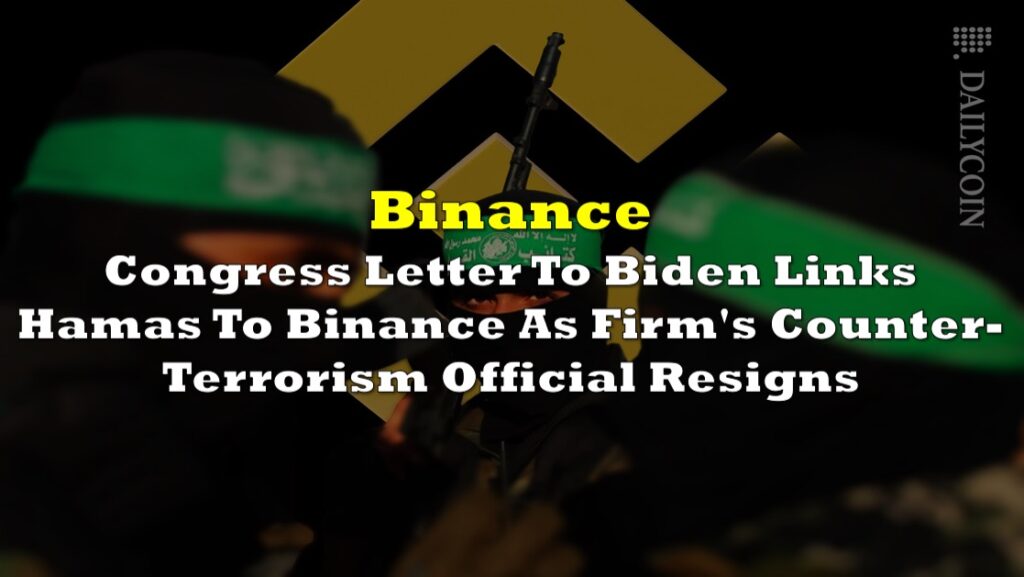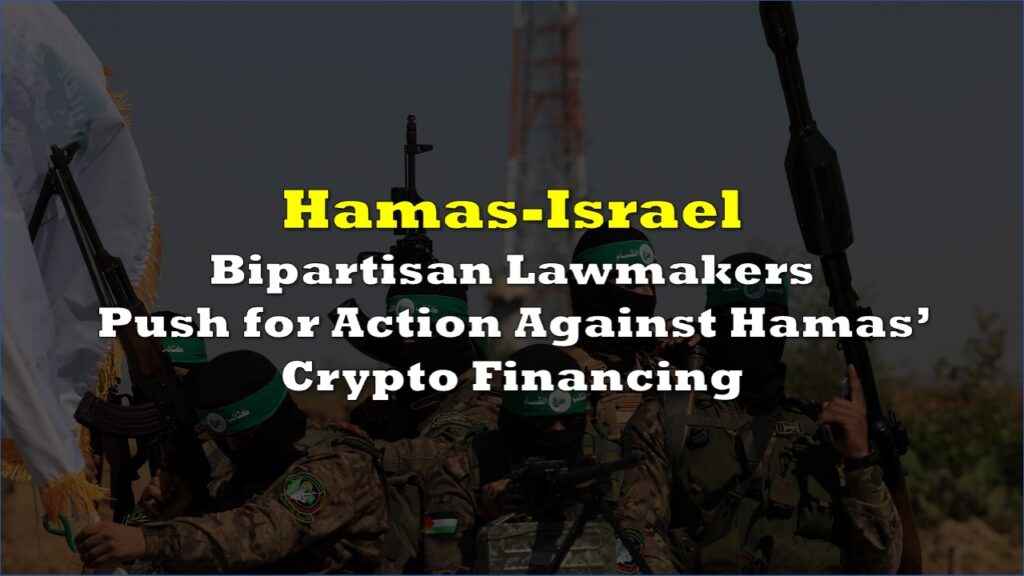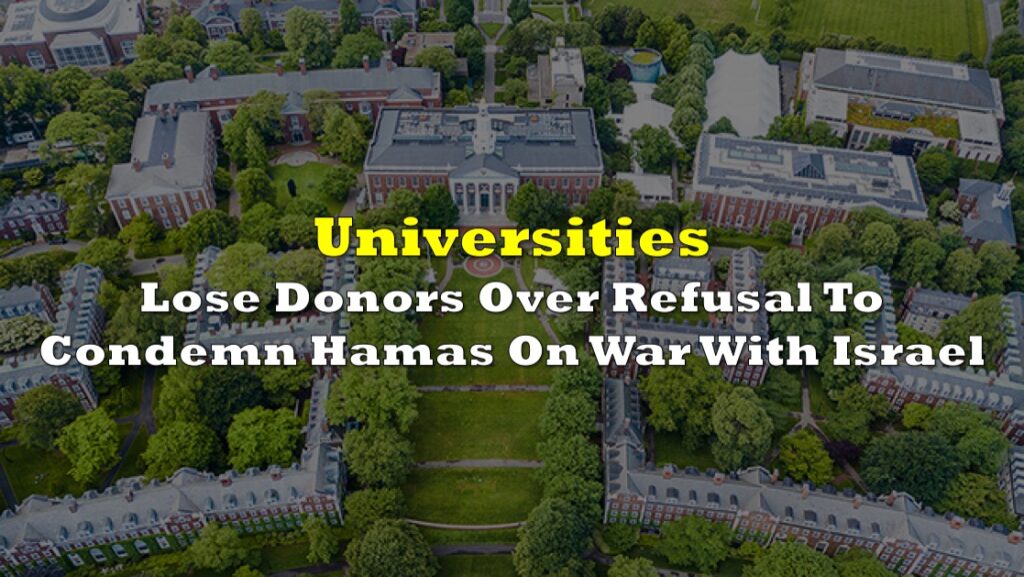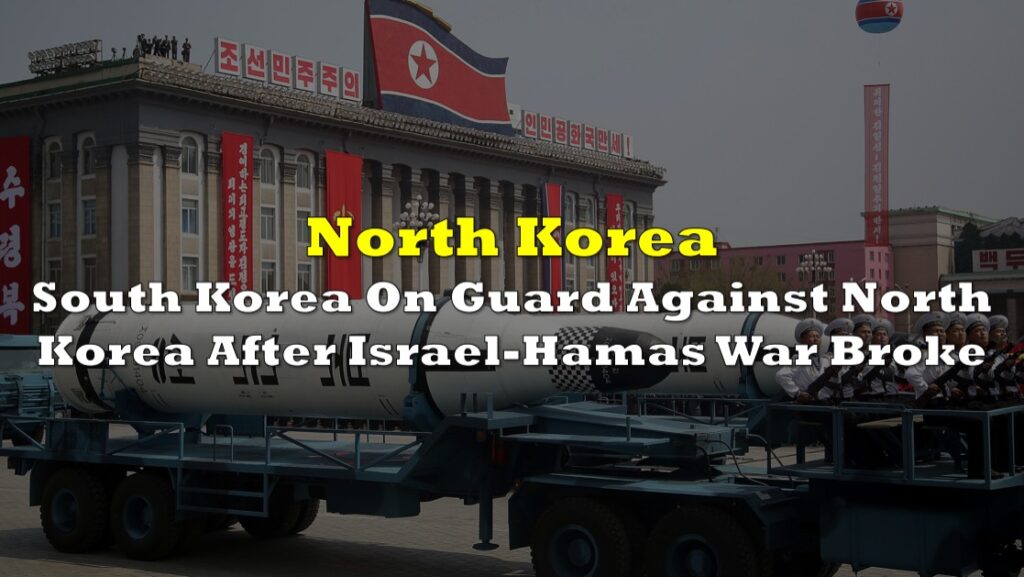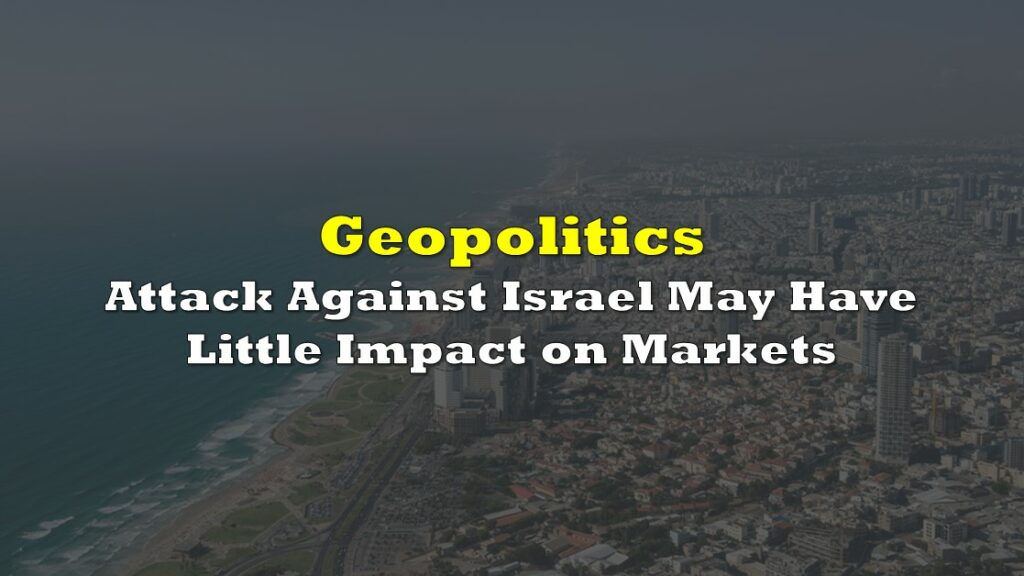Iran’s supreme leader, Ayatollah Ali Khamenei, has reportedly ordered a direct strike on Israel following the assassination of Hamas leader Ismail Haniyeh in Tehran. The directive emerged from an emergency meeting of Iran’s Supreme National Security Council, according to three Iranian officials, including two members of the Revolutionary Guards, who spoke on condition of anonymity.
Details on the planned retaliation remain scarce. Israel has responded with stern warnings through diplomatic back-channels, indicating that significant damage or casualties resulting from Iran’s actions could escalate into a full-scale war. Israel’s Channel 12 reported these messages, emphasizing the serious nature of the potential conflict.
BREAKING: Israel's Channel 12 reports that messages have been sent to Iran through diplomatic back-channels that Israel is willing to go to a full-scale war if Iran and its proxies conduct a significant retaliatory response to yesterday's assassinations
— The Spectator Index (@spectatorindex) July 31, 2024
The official reason for Iran’s airspace closure was attributed to military activity, although the specifics remain unclear. Netanel Worthy, an Israeli journalist, noted the uncertainty surrounding the closure, speculating whether it involved transporting military equipment or preparing for an imminent attack.
ICYMI: Iran’s supreme leader, Ayatollah Ali Khamenei, has reportedly issued an order for a direct strike on Israel in retaliation for the killing of Hamas leader Ismail Haniyeh in Tehran. The order was given during an emergency meeting of Iran’s Supreme National Security Council,… pic.twitter.com/4gJkYbjSCI
— OSINT Aggregator (@AggregateOsint) August 1, 2024
The official reason given – "Due to military activity the airspace will be closed for a few hours". It is difficult to know if it is a matter of transporting military equipment or preparing for an attack.
— Netanel Worthy – נתנאל וורתי (@NetanelWorthy) July 31, 2024
Time will tell. https://t.co/4Oy01Hte8Q
The assassination of Haniyeh has been a focal point of contention. Iran and Hamas have accused Israel of orchestrating the killing, which occurred during Haniyeh’s visit to Tehran for the inauguration of Iran’s new president. Israel has neither confirmed nor denied its involvement. Historically, Israel has targeted high-profile enemies abroad, including Iranian nuclear scientists and military commanders, making the current accusations plausible.
This incident comes after a period of increased tensions and hostilities between Iran and Israel. Over the past ten months of conflict in Gaza, Iran has bolstered attacks through its regional allies and proxy forces while avoiding direct confrontation with Israel. However, Iran’s largest overt attack in recent history occurred in April, when it launched a barrage of missiles and drones in response to an Israeli strike on its embassy compound in Damascus. Despite the show of force, most weapons were intercepted, resulting in minimal damage.
Now, Iranian military commanders are contemplating a calibrated response, possibly involving drone and missile strikes on military targets near Tel Aviv and Haifa. They aim to avoid civilian casualties while maximizing impact, potentially coordinating attacks with allied forces in Yemen, Syria, and Iraq.
In his public statement, Khamenei vowed retaliation, framing it as a duty to avenge Haniyeh’s death on Iranian soil. “We see avenging his blood as our duty,” Khamenei declared, asserting that Israel must face “severe punishment.” This sentiment was echoed by other Iranian officials, including President Masoud Pezeshkian, who emphasized Iran’s right to defend its sovereignty against such transgressions.
Iran’s “axis of resistance,” comprising Hamas, Hezbollah in Lebanon, the Houthis in Yemen, and various militias in Iraq, stands united in its stance against Israel. The assassination of Haniyeh, occurring at a highly secure Revolutionary Guards guesthouse, has been perceived as a significant breach of security and a direct challenge to Iran’s authority.
The killing has ignited outrage among Iranian officials and supporters, who are calling for stringent measures to protect senior leaders and prevent future breaches. Alireza Katebi Jahromi, a journalist and government supporter, stressed the importance of ensuring the safety of top officials before seeking revenge.
Analysts argue that Iran’s response is driven by a need to avenge Haniyeh’s death and deter future Israeli attacks. “Iran likely believes it has no choice other than retaliating to deter further Israeli attacks, defend its sovereignty, and preserve its credibility in the eyes of its regional partners,” said Ali Vaez, Iran director of the International Crisis Group.
Information for this story was found via The New York Times and the sources mentioned. The author has no securities or affiliations related to the organizations discussed. Not a recommendation to buy or sell. Always do additional research and consult a professional before purchasing a security. The author holds no licenses.

